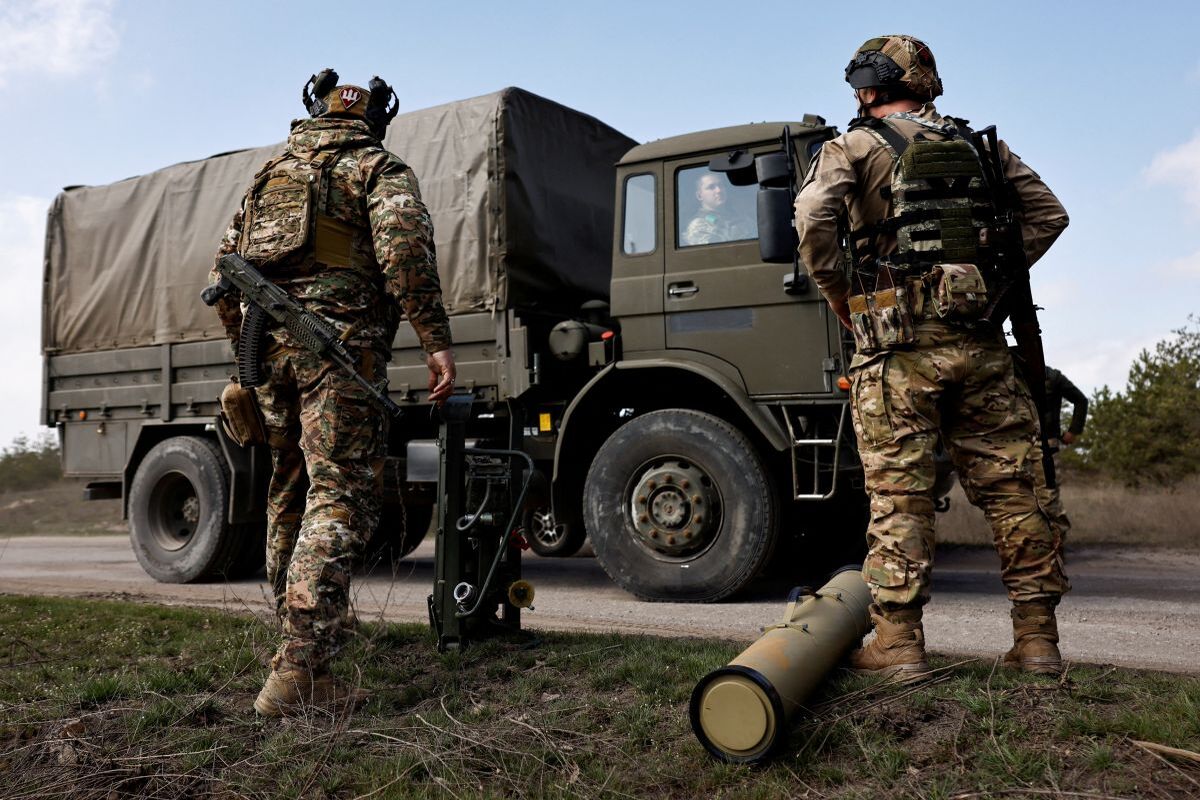As Russian forces continue their unyielding offensive against Kharkiv, Ukraine’s second largest city, civilian life is under siege. The repeated use of advanced weaponry like glide bombs has not only devastated the city’s infrastructure but has also left deep psychological scars on inhabitants. The strategy, it seems, is clear: to render Kharkiv unliveable, to break the spirit of its people. In the face of such relentless aggression, the resilience shown by the citizens of Kharkiv is nothing short of heroic. Elderly residents ready to defend the city with spades, exemplify a fierce determination to resist and maintain a semblance of normalcy amid chaos.
This spirit is mirrored in the city’s administration which, despite severe limitations, manages to keep the urban heart beating. The decision to construct underground schools is a symbol of a community refusing to surrender its future to the horrors of war. However, resilience alone may not be enough to stave off the catastrophic impacts of continued warfare. The city’s defenders and administrators plead for more robust support from the international community. Advanced air-defence systems and military aid are crucial not just for the survival of Kharkiv but as a bulwark against a humanitarian disaster.
Advertisement
Yet, the required response goes beyond military aid. There is an urgent need for a strategic vision that addresses the long-term security and stability of border areas in conflict zones. Kharkiv’s plight illustrates the devastating effectiveness of modern warfare technologies when used against urban areas. It compels us to think about how nations and international bodies can better protect cities in similar predicaments globally. This isn’t just about Ukraine. It’s a matter of international security and humanitarian principles. Moreover, as the conflict grinds on, it is clear that urban warfare tactics are evolving. The use of glide bombs and precision strikes in Kharkiv could set a dangerous precedent. The international community must not only respond to immediate needs but also consider the implications of such tactics on future engagements and conflicts. Establishing safeguards to protect civilian areas during war is more urgent than ever. The people of Kharkiv are standing their ground, displaying remarkable courage and ingenuity. However, they should not have to face this alone.
Their struggle highlights a glaring gap in international policy and the need for a concerted effort to ensure that cities facing similar threats can defend themselves effectively. As we watch Kharkiv resist, we must ask ourselves about the kind of world we want to live in. Is it one where cities can be methodically made uninhabitable, or one where international solidarity and support can prevail in the face of aggression? The resilience of Kharkiv is not just a lesson in courage. It is a call to action for the global community to rethink and reinforce the means by which we protect and preserve civilian lives in times of war.
